Basil water?
herboholic
16 years ago
Featured Answer
Sort by:Oldest
Comments (28)
herb_alpert
16 years agolast modified: 9 years agoRelated Professionals
Elwood Landscape Architects & Landscape Designers · Williamsburg Landscape Contractors · Alpharetta Landscape Contractors · Beverly Hills Landscape Contractors · Cedar Hill Landscape Contractors · Fair Oaks Landscape Contractors · Fort Payne Landscape Contractors · Fort Worth Landscape Contractors · Golden Gate Landscape Contractors · Hickory Hills Landscape Contractors · Shaker Heights Landscape Contractors · Castaic Gardeners & Lawn Care · Fairfax Roofing & Gutters · Washington Roofing & Gutters · Wayne Roofing & Guttersherboholic
16 years agolast modified: 9 years agoDaisyduckworth
16 years agolast modified: 9 years agoCA Kate z9
16 years agolast modified: 9 years agoDaisyduckworth
16 years agolast modified: 9 years agoCA Kate z9
16 years agolast modified: 9 years agoCA Kate z9
16 years agolast modified: 9 years agomaifleur01
16 years agolast modified: 9 years agoDaisyduckworth
16 years agolast modified: 9 years agoherboholic
16 years agolast modified: 9 years agoDaisyduckworth
16 years agolast modified: 9 years agoacertainblue
15 years agolast modified: 9 years agofatamorgana2121
15 years agolast modified: 9 years agolemoney
13 years agolast modified: 9 years agofatamorgana2121
13 years agolast modified: 9 years agoDarlingMelia_aol_com
12 years agolast modified: 9 years agodacbdac
8 years agozzackey
8 years agozzackey
8 years agoDeb Johnson
6 years agoDeb Johnson
6 years agolast modified: 6 years agojennifer_champagne80
6 years agoEmm Cee
6 years agolmariparsons
6 years agoCor
6 years agoHU-934005904
4 years agolast modified: 4 years agocalamondindave
4 years agolast modified: 4 years ago
Related Stories
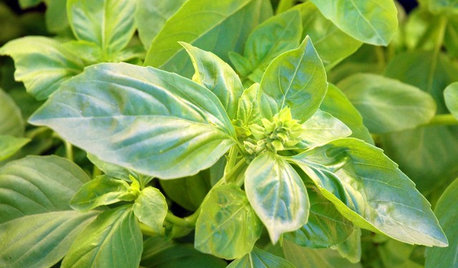
SUMMER GARDENINGHow to Grow Basil
Bright color, quick growth and endless uses for cooking make this summer annual a winner in the garden or a pot
Full Story
GARDENING 101How to Tell if Your Houseplant Needs Water
Keep your houseplants healthy by giving them the right amount of water
Full Story
LANDSCAPE DESIGNYard of the Week: Native and Low-Water Plants in Colorado
A bleak backyard is transformed into a colorful meadow-like space with a fire pit, a dining patio and an edible garden
Full Story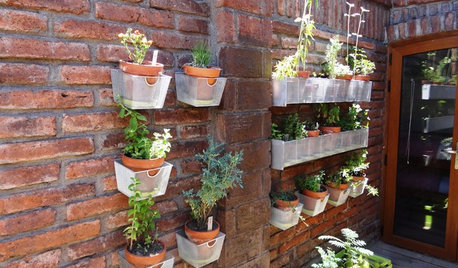
EDIBLE GARDENSHouzz Call: Where Are the Craziest Places You Grow Edibles?
Basil in a bathtub, spinach stacked up a wall ... If your edibles occupy an odd spot, we’d like to know
Full Story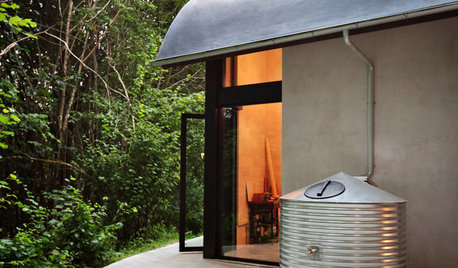
GARDENING GUIDESTexas Gardener's May Checklist
Be especially water wise this month as you sow seeds, tend to your lawn and plant edibles, grasses and flowers
Full Story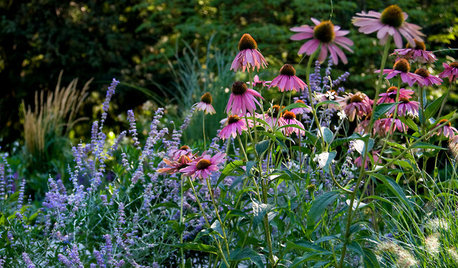
MOST POPULAREnjoy Your Summer Garden — Here’s What to Do in July
Our July gardening guides take the guesswork out of summer watering, pruning and planting. See our tips for your U.S. region
Full Story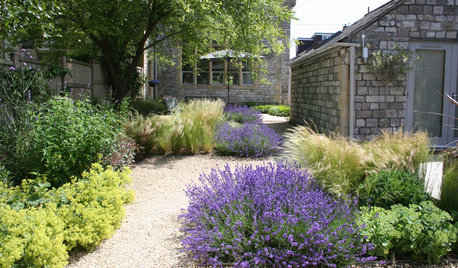
GARDENING GUIDES9 Ways to Use Lavender in Your Garden Design
Give your yard a hit of color, a waft of fragrance and the buzz of bees with this sun-loving, low-water perennial
Full Story
HOUSEPLANTSHigh-Impact Houseplants for First-Timers
These easygoing houseplants will forgive and forget if you skip a weekly watering
Full Story
GARDENING GUIDESGoing on Vacation? How to Ensure Your Garden Survives
Water deeply, mulch beds and move containers into partial shade to keep plants alive while you’re away
Full Story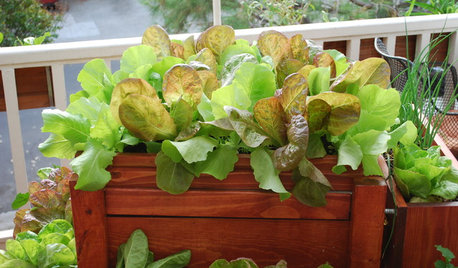
FARM YOUR YARDCheck Out These Recipes for Delicious Themed Edible Gardens
It’s garden-planning time! What you grow often inspires meals, but in these cases the reverse is true
Full Story





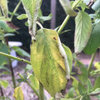
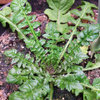
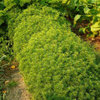
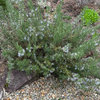
Daisyduckworth